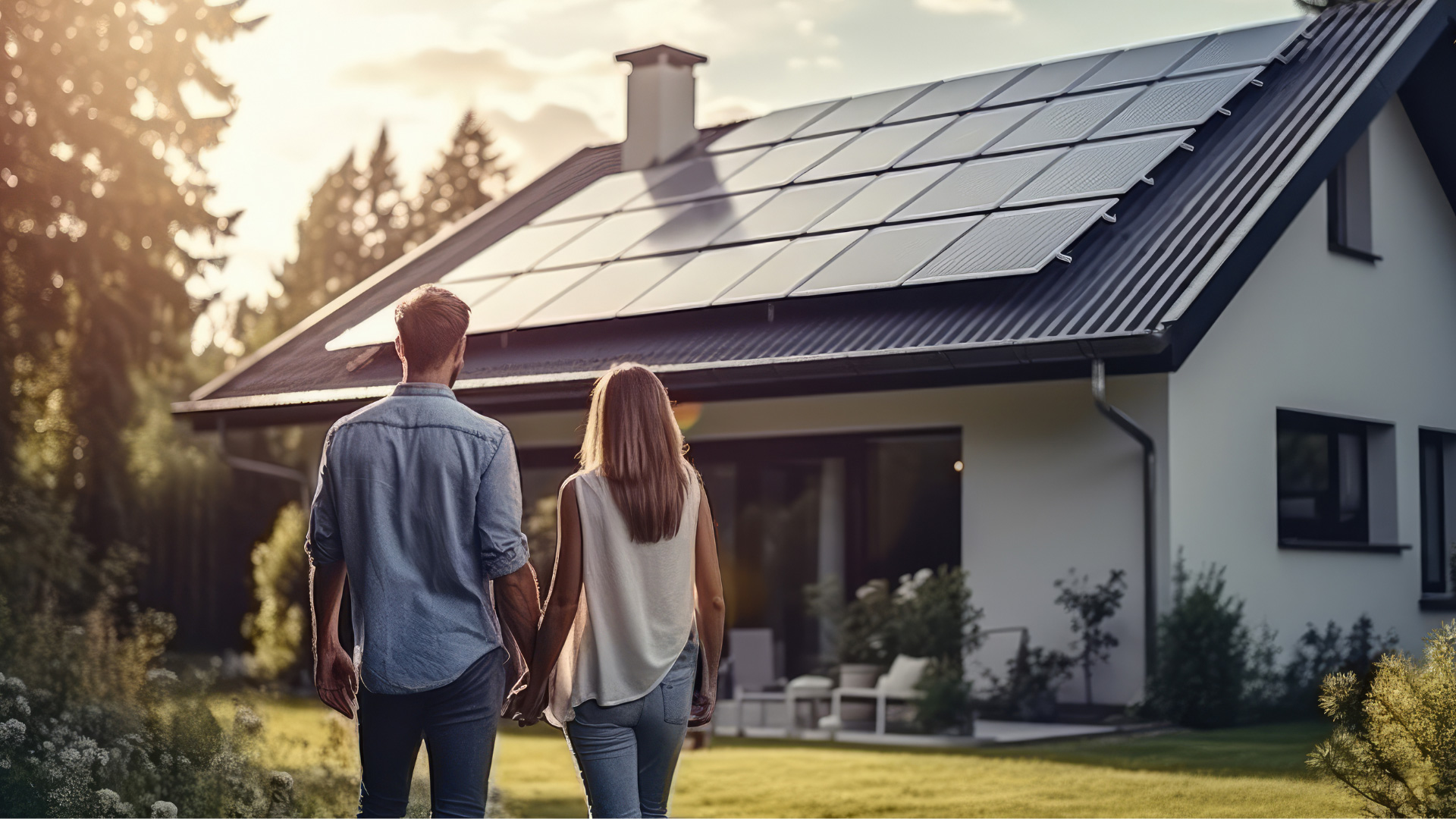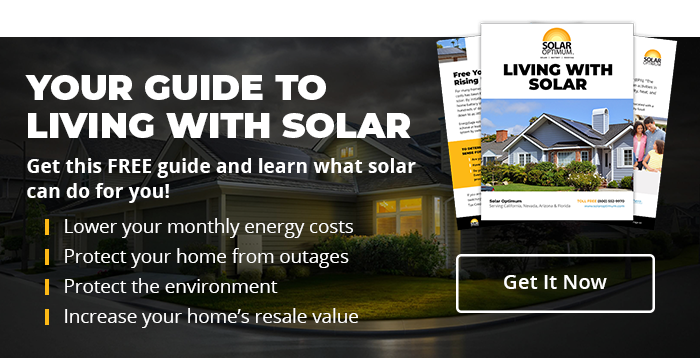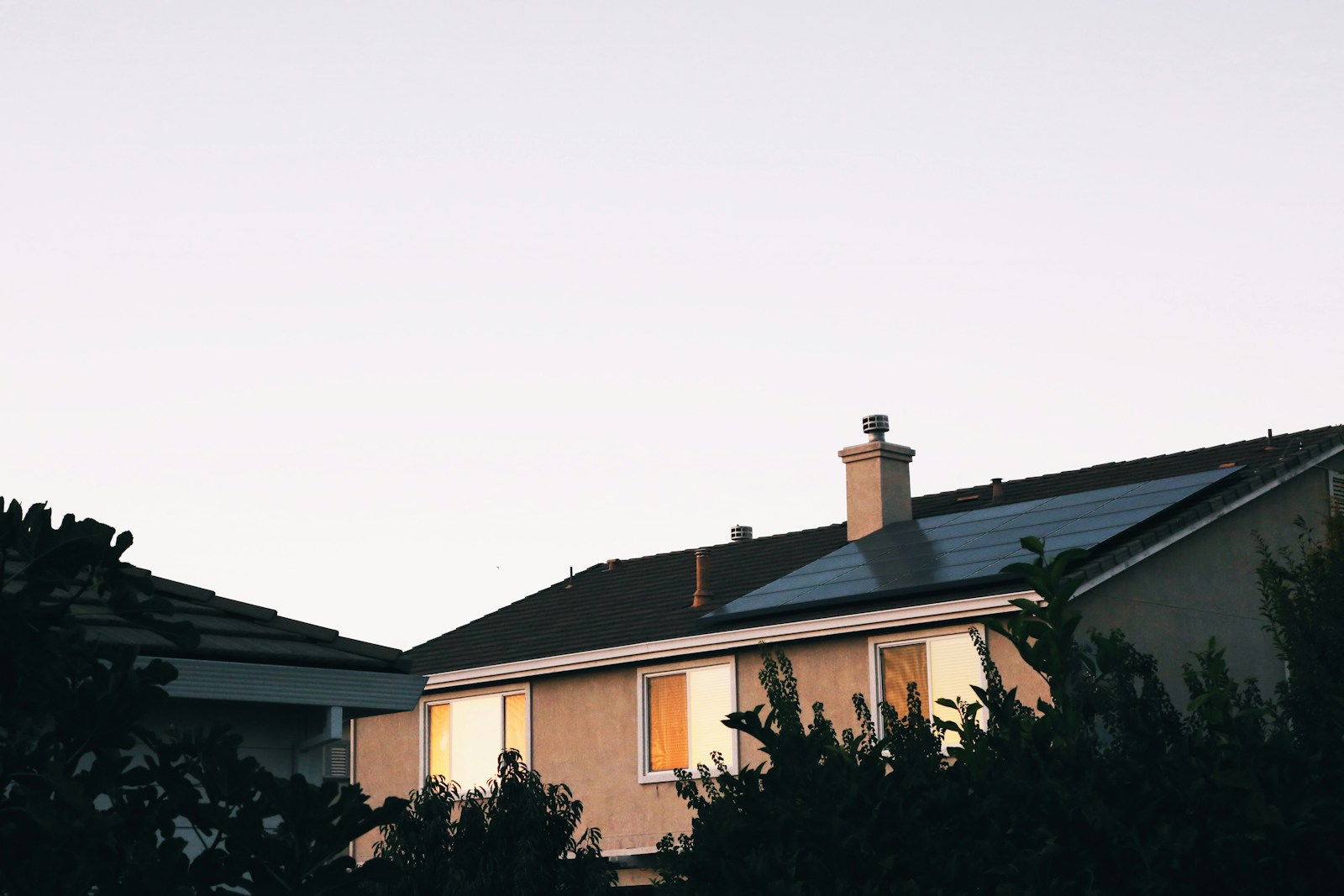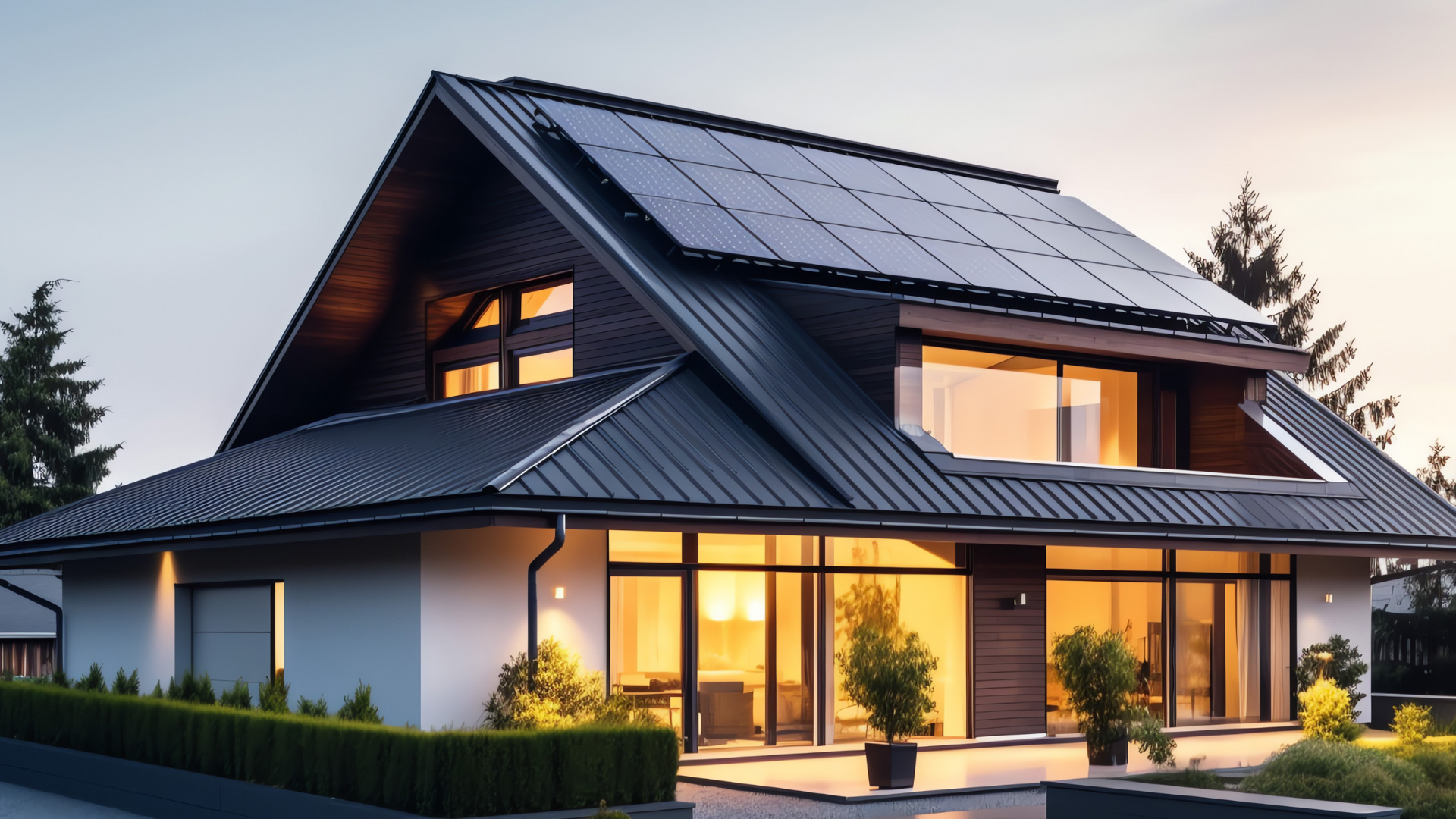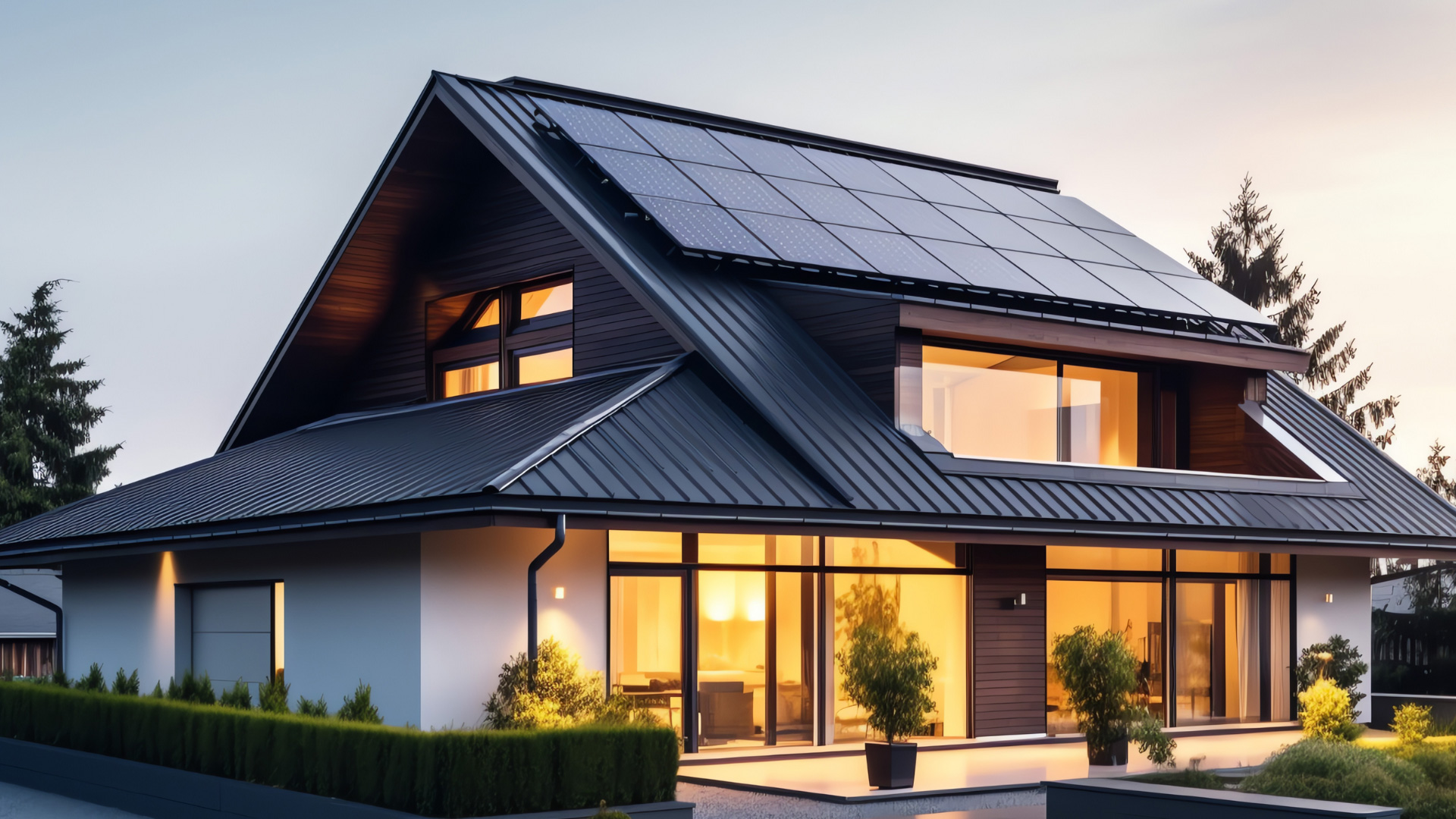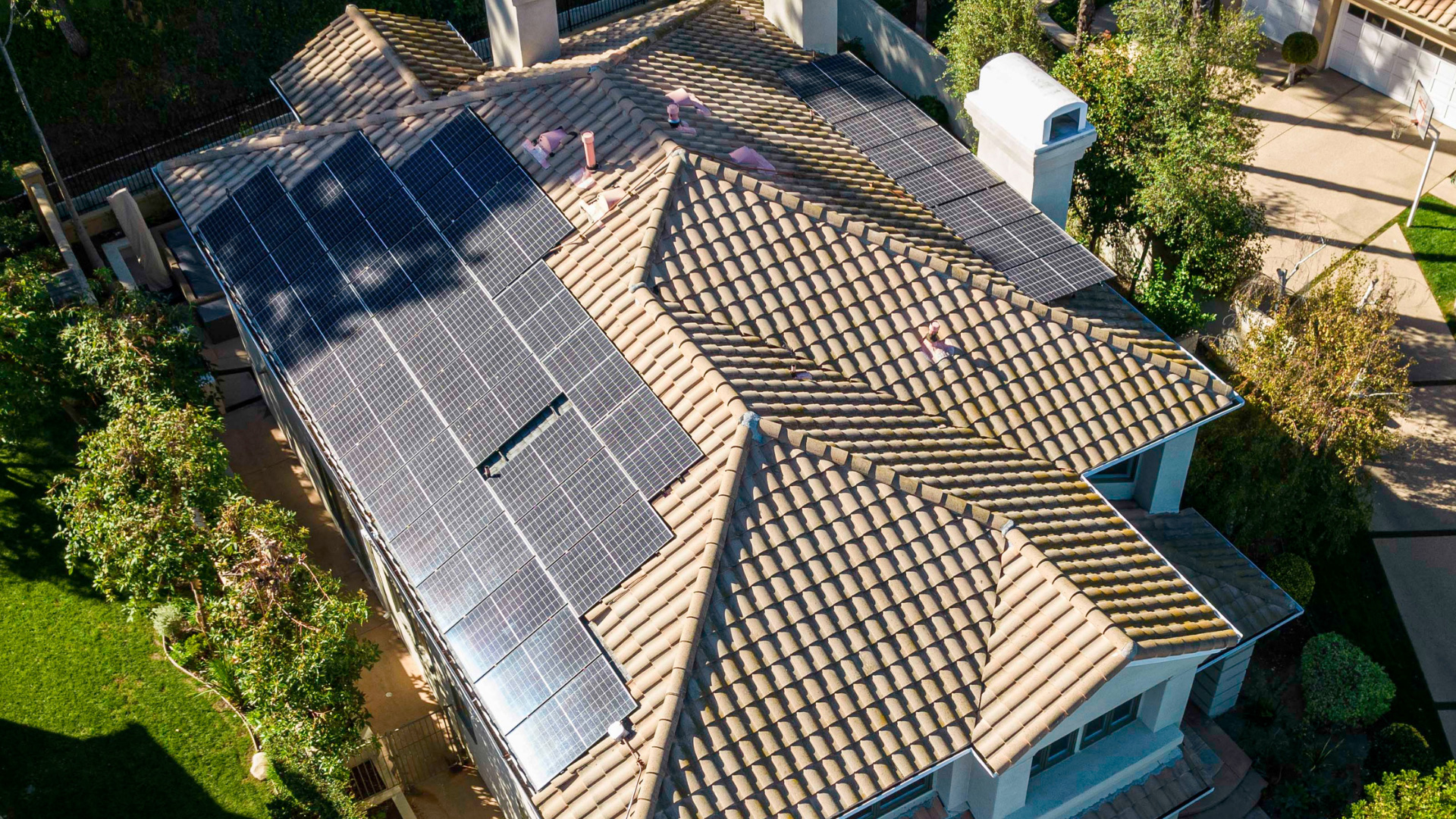The Florida Solar Rights Act protects Florida residents’ right to install solar panels. It prevents HOAs and local governments from banning solar installations or making unreasonable restrictions. Any Florida homeowner considering solar can benefit from understanding this act. The Florida Solar Rights Act provides homeowners with specific rights and protections related to solar energy installations.
Key Provisions of the Florida Solar Rights Act
The Florida Solar Rights Act is easy to understand when you break it down to the most important parts. There are three key provisions of the Florida Solar Rights Act:
- Solar Access Rights: First, all homeowners have the right to install a solar panel system on their property without undue interference from HOAs or local governments.
- Restriction of HOA Regulations: The Act specifically limits the ability of HOAs (homeowners’ associations) to restrict solar installations. They cannot ban solar or make unreasonable demands for solar installation.
- Zoning Regulations: The Act prevents zoning laws from banning solar in specific locations.
Understanding Solar Easements
Solar easements are legally binding agreements that protect your property’s access to the sun for the use of solar panels. They can be used to protect your solar access rights by preventing neighbors from building shading structures to block your sunshine access. Negotiate solar easements with nearby neighbors and businesses who might put your solar at risk.
You can also seek out a solar easement with an organization in charge of nearby property development. This can help prevent billboards, added stories, and other issues that could block your sun. Solar easements are always entered voluntarily.
Addressing Common Solar Rights Issues
In residential neighborhoods, these are the three most common problems that you may run into regarding your right to solar power generation. These include shade trees, disputes with neighbors, and HOA conflicts.
- Shade Trees: It is very important to consider shade trees (often as old as the neighborhood) and how they may affect your roof’s access to sunshine.
- Neighbor Disputes: Neighbor disputes about solar panels may involve a disagreement on aesthetics or the risk of property changes that could block sunlight.
- HOA Conflicts: HOA conflicts include the ways that HOAs try to limit property upgrades. Under the Florida Solar Rights Act, HOAs can dictate a few rules about solar as long as those rules don’t bar solar installation or create undue expense. It’s best to carefully navigate your HOA’s approval process and keep a copy of the Florida Solar Rights Act handy just in case.
Conclusion
The Florida Solar Rights Act protects your right to install and use solar panels on your own property. Local governments and HOAs cannot stop you from installing solar and can only request that they be made aesthetically pleasing. Not even zoning can stop solar, and you have the right to sign solar easements with neighbors to protect your investment. Understanding solar rights can help you protect your investments in solar energy.
Contact us today to get a free quote on a solar panel system.

